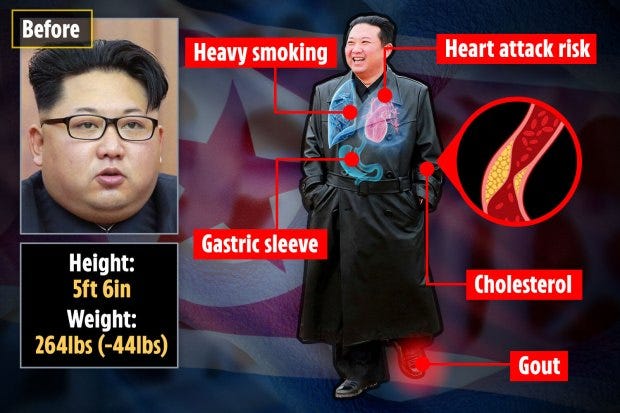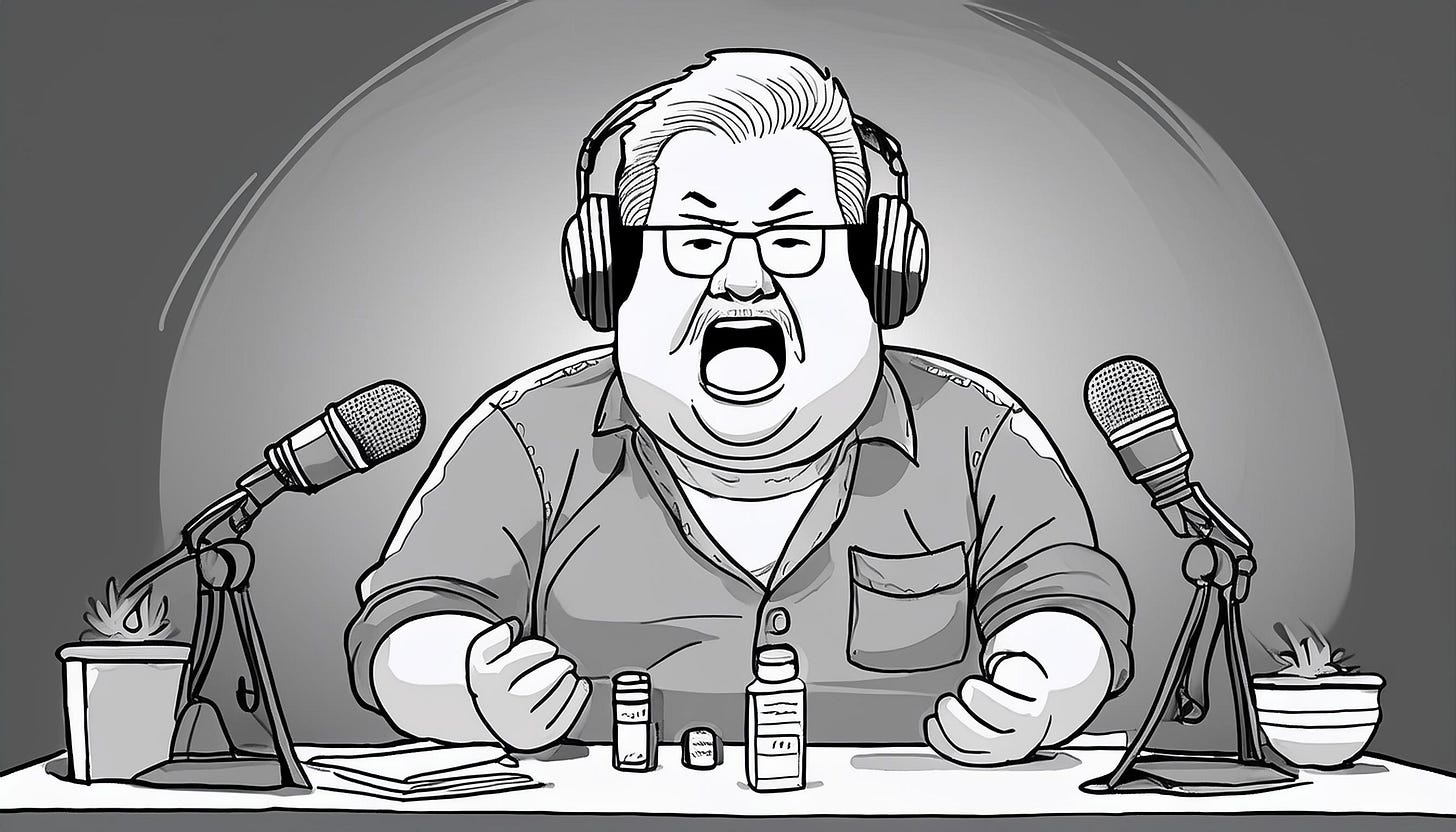Yoon’s impeachment verdict: Another circus passing through Seoul
Every take you hear this Friday will be a feckless rehash. Regardless of the outcome, the damage is already done.
As South Korea prepares for the Constitutional Court’s verdict on President Yoon Suk Yeol’s impeachment this Friday, an avalanche of “special event” podcasts and live-streams are well underway. Every dick and his dog man and his dog person and their dog has their own extra special angle gleaned from the hundreds of other commentary pieces piling up across the planet.
We haven’t seen such a proliferation of expert commentary since Kim Jong-un disappeared from public view and was declared to be dead, undergoing heart surgery, and on vacation, with experts skilfully noting his weight, gout, love of cheese and cognac, and an acute myocardial infraction were to blame. The big tents are up, the elephants corralled, the lion poked, and the ringmaster’s moustache waxed. The Korea carnival is back!
Of course, the problem is… nearly every take you hear this Friday will be a feckless rehash of commentary drivel accumulated over the last four months.
Whether Yoon’s impeachment is upheld or dismissed, the impact for business, economics, politics, diplomacy, security and strategic affairs remains the same. The damage—or transformation, depending on one’s point of view—has been done.
First, polarisation is entrenched. Trust in democratic process is bruised, if not broken. Whether Yoon remains or is removed, the political landscape has tilted further toward permanent factionalism. The impeachment proceedings, and more importantly, the spectacle around them, have cemented two competing realities in the public consciousness. One sees a brave leader standing up to overreaching judges and political enemies; the other, a reckless president who trampled norms and must be held to account. Neither side will accept the verdict as definitive. Both will use it as fuel.
Second, extremism is here to stay. More troubling still is the precedent this moment sets—not in law, but in political culture. Future presidents, watching the fallout from this impeachment, may decide that the safest course is to lean into media manipulation and populist theatrics.
The amplification of sensationalist content legitimizes extreme viewpoints. As moderate voices are drowned out by the clamour for attention-grabbing headlines, there is a risk that fringe elements will gain prominence. This environment fosters a political climate where compromise is elusive, and radical positions become normalized.
If you know your every move will be met with mass speculation and binary outrage, why not embrace it? The pressure to conform to democratic norms weakens. The incentive to go big, go loud, and go international strengthens.
Third, the precedent is set. Democratic norms have been damaged. The precedent set by the impeachment saga will embolden future leaders to operate outside established democratic conventions.
For many, it is the conservatives that are inherently “anti-democratic” and the progressives, the bastions of democracy. This is not the case. Whether you call it “democratic backsliding” or “regional democratic variation”, it is now a problem of the Korean political class.
If political survival becomes contingent on commanding media narratives, there is a danger that future leaders will engage in increasingly unorthodox or provocative actions to maintain public support or control. This shift destabilizes not only domestic governance but also international relations, and other states’ views of South Korea.
As the circus passes through, remember to watch out for the pickpockets who follow the caravans.
There’s something disturbingly cyclical about all this. There’s money to be made in sensationalism and some of the biggest grifters spin better than a whirling dervish. The wilder the speculation, the better the attention. When political events are filtered through an entertainment-first media lens, their long-term consequences become harder to see, but more corrosive.
The impeachment saga will not end with the court decision. It will drag on in the courts of YouTube, X, Threads, Kakao Groups, Telegram Group Chats. It will metastasize into new episodes of distrust, conspiracy, and hyper-partisanship.
In the end, the podcasts and livestreams are not responding to the verdict—they are part of the verdict. They are shaping the narrative terrain for what comes next, and in doing so, they are proving that South Korean politics, like global politics, now happens as much in the commentary as in the courts. The only certainty is that the circus won’t pack up on April 4. It’s here to stay.





